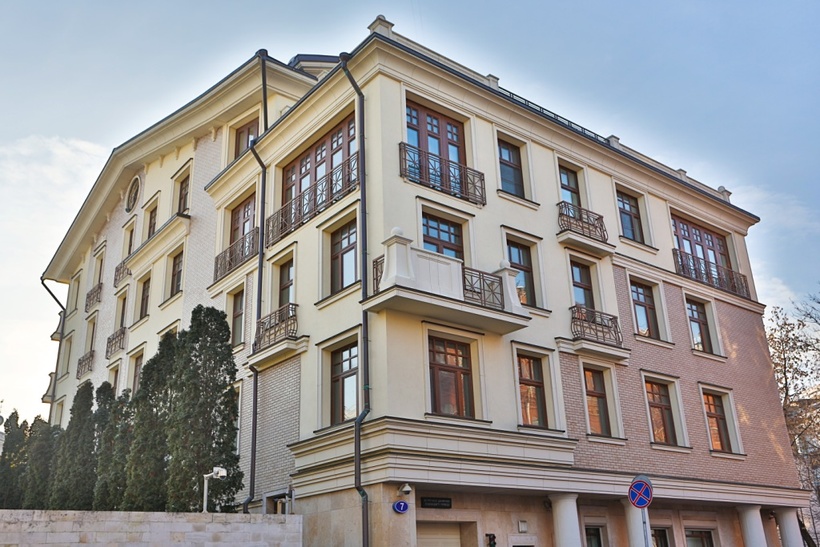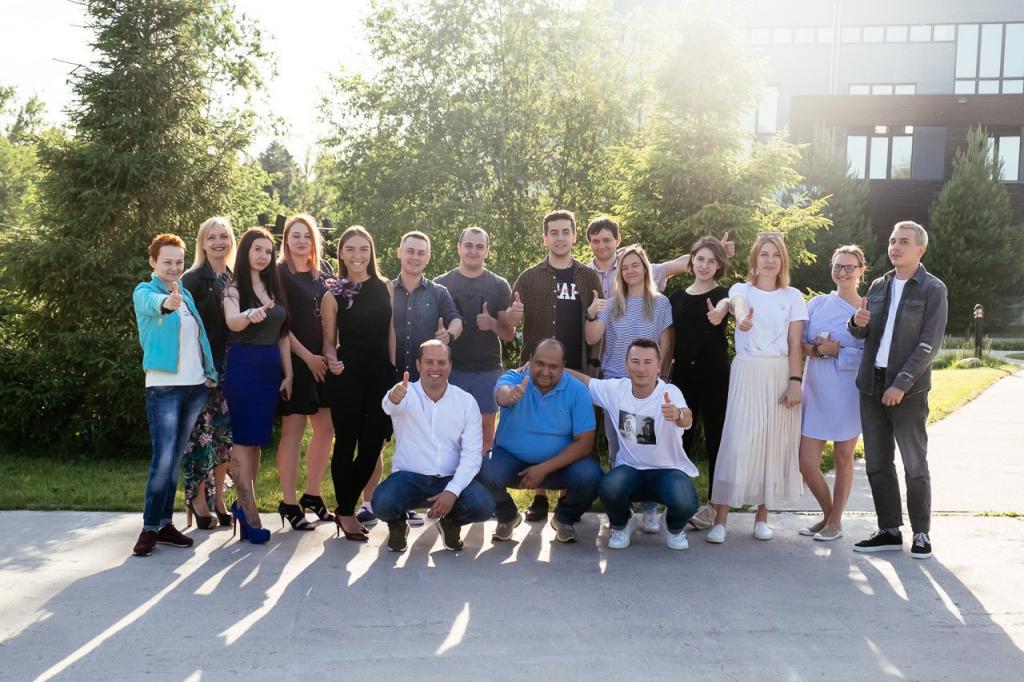The creation and development of a promising company is the dream of any startup. New undeveloped markets are called the "blue oceans", but finding such a niche is very difficult. At one time, Uber became such a breakthrough project. Now digitalization goes further and covers the field of repair. Two Russians came up with projects Rewedo and Rerooms, which show excellent results.
Now on the market there is a huge number of online services. In the field of repair and design, there are such players as the Indian Livspace, the Chinese Tubatu and another Russian counterpart, “Made.ru”. The main idea is a virtual interior design in an apartment without significant investments and in digital form. The selection of ideas is based on the trained artificial intelligence.
Why change cool office to coworking?
The founders of the project Dmitry Borisov and Yuri Goldberg - come from a large investment business. Each of them has implemented more than one successful project. However, both businessmen came up with the idea of starting their own business.
The inspiration came after a large order from a partner who was engaged in the individual manufacture of kitchen sets. As it turns out, only 25% of the total cost falls on the cost of furniture. A significant part of the costs associated with marketing and customer search, the work of an interior designer and drafters of design decisions. These procedures can potentially be converted to electronic format. Then the remaining 75% of revenue with competent management may be in profit.

For partners, the investment idea seemed promising. To build a business model, it remains to understand how to cut the number of collaborators and build a digital solution.
Failures temper
Concentrating only on kitchens is a niche too narrow. In 2014, an expanded pilot startup “Own Tender” was launched for expertise in construction, design and repair, as well as furniture selection. First, an expert went to the client’s house and made the necessary measurements. Further, the system on the basis of a tender selected co-contractors who accepted the condition for the volume and cost of work.

In theory, the idea was not bad, but in practice problems began. Purely psychologically, customers did not want to trust the intermediary and were looking for a way to marry the performer directly.
In the initial configuration, the site completed only 10 orders, after which it changed the vector and began to work on the principle of a marketplace in the field of repair.

Horizon Expansion
In parallel, the team worked on an aggregator of customer proposals. All services and the cost of materials could be entered into the database and a construction calculator made on its basis. He could not only calculate the cost of the work, but also suggest the best artist or store.
This idea became a key one, and the digital platform ensured that the price of goods and work announced during the calculations would be final. However, the market did not support this project either. This time, the losers were the performers who were ready to deliver the product or service, but the customers simply disappeared from sight.
Also failed to catch a balance point between performers and customers. Someone was always missing and everyone was unhappy.
On the crest of a wave
A commercially successful model launched in 2016 and was called Rewedo. A little later, Rerooms appeared, which in fact now represent one project. Automation of apartment design projects has conquered the market. It became possible to create a full-fledged interior on your own with minimal effort for 20 thousand rubles. Now the goal of the turnover is 1000 projects per month and 25 million rubles of revenue per month.Not a single traditional design bureau can do this.

According to experts, the design segment in the economy class is 20-30 billion rubles and in the long term 3-5 years will experience explosive growth.
Market prospects show that in the future design will become completely free as an advertisement and an additional service when selling furniture or decor. Large networks, such as OBI and Hoff, are already focused on this.

The stake on the development of digital projects was made by the Internet Initiatives Development Fund, which invested 1.2 million rubles in the project, another 40 million rubles were invested by a private business angel. A team of 12 programmers in the field of machine learning is working on the project.
"The main goal is to teach the machine to do all the technical work, and leave only creativity and psychology to people," explains Yuri Goldberg, co-founder of the business.
Key development guidelines: the cost of a design project from 5 to 10 thousand rubles and access to foreign markets, from which proposals for cooperation are already being received.

